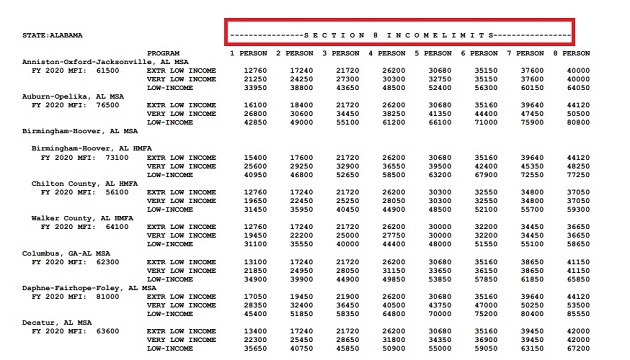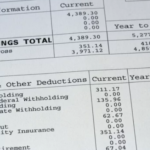You need to better understand certain tax terms and how this all works at some point in your professional life. Even if you do not work as a tax expert or accountant, you must be acquainted with such terms to handle your tax work. This way, you don’t have to always rely on tax experts to learn the very basics.
There are different ways to describe your taxable income, but what if you don’t know about it? Things will get more confusing.
You should be aware of what you earn before any taxes and deductions and what figure will be left behind after all the taxes and deductions.
To get you familiar with this, the difference between gross income, taxable income, and adjusted gross income must be very clear. Once you know these basics, you will probably be ready to estimate your final figure and make a good financial plan.
To help you better learn these differences, here is everything you need to know.
Definition and differences of these accounting terms
Contents
Gross Income
To recognize the difference between taxable income and adjusted gross income, you need to understand the gross income.
It is the income you get from all sources which are not exempted from tax. It includes earned and unearned income from your wages, capital gains, salary, tips, self-employment business income dividends, royalties, gambling winnings, and retirement distributions.
It is the starting income on which the Internal Revenue Service (IRS) puts tax liability. But this is not the money that you take home because it is subjected to taxes and deductions.
Adjusted Gross Income (AGI)
It is basically a tax term used for the gross income minus tax deductions or adjustments to income while filing a tax return. AGI is adjusted through deductions allowable by the IRS. These qualified deductions reduce the gross income, thus reduce the tax you need to pay.
Adjusted gross income acts as a determiner of the deductions and credits you receive in your income and the taxes you owe in your tax return.
Several types of expenses can be deducted from income. The possible adjustments to income may include Educator expenses, Student loan interest, or contributions to a retirement account. As a result, the adjusted gross income can never be more than the total gross income, and in some cases, it may be lower than the gross income.
➡LEARN MORE: What Type of Information does the IRS have about my Bank Accounts?
Taxable Income
It is a portion of the gross income that is actually subjected to tax. This is your adjusted gross income minus the greater of the standard deduction or itemized deduction. Taxable income is used to determine the tax bracket.
The taxable deductions are:
- Medical and Dental Expenses
- Income, Sales, and Property Taxes
- Charitable Contributions
- Home Mortgage Interest
Adjusted Gross Income Calculation
Start with the gross income or all the income you gathered during the calendar year and subtract all the qualified adjustments.
The IRS allows specific deductions and mainly includes above-the-line deductions.
Above the line adjustments include:
- Contributions to Traditional individual retirement account (IRA)
- Penalty paid on the early withdrawal of a savings account
- Contributions to a Health Savings Account
- Student Loan interest
- Self-Employed Retirement Plan Savings
- 50% of Self-Employment Tax
Using standard deduction often reduces the taxable income than using itemized deduction because the Tax Cuts and Jobs Act (TCJA) doubled the deductions from 2018.
For the tax year 2021, the standard deductions have increased slightly
- The standard deduction for single taxpayers and married individuals, who will file separately, is $12,550, which is $150 up from the prior year.
- For married individuals who will file jointly is $25,100, which is $300 up.
- For household heads are $18,800, which is $150 up.





